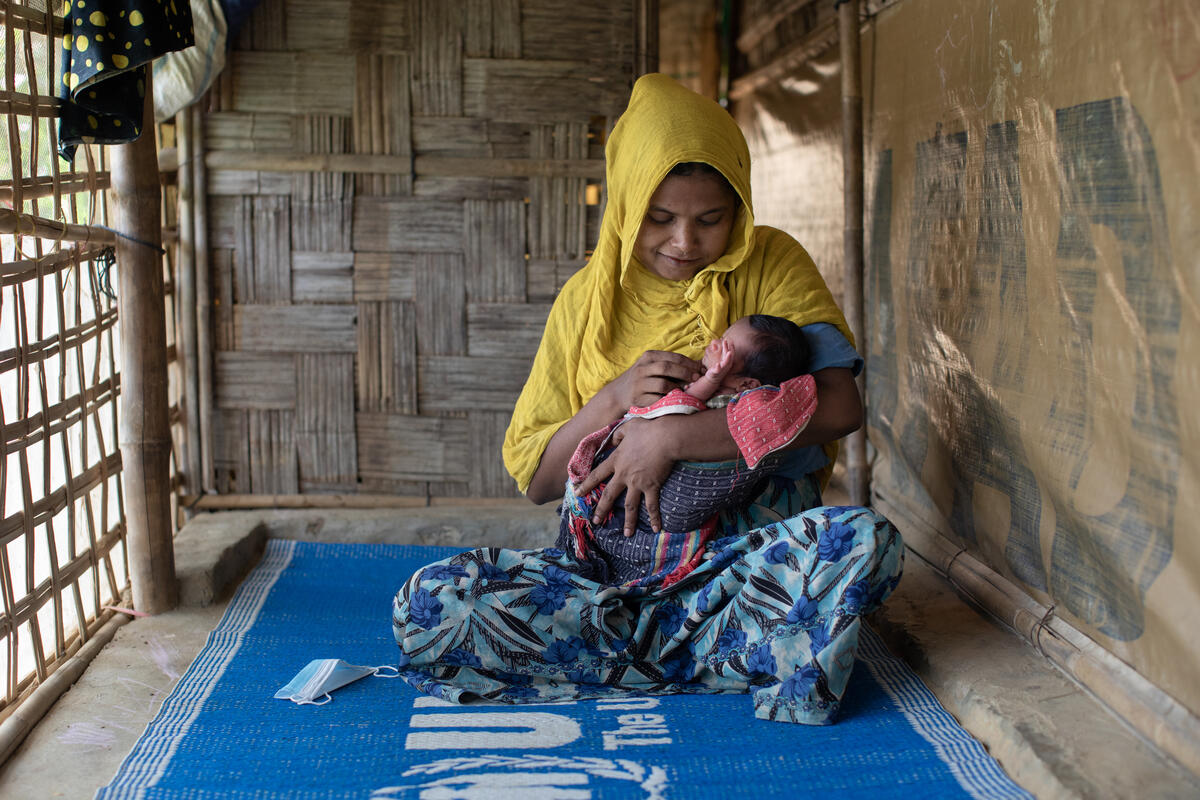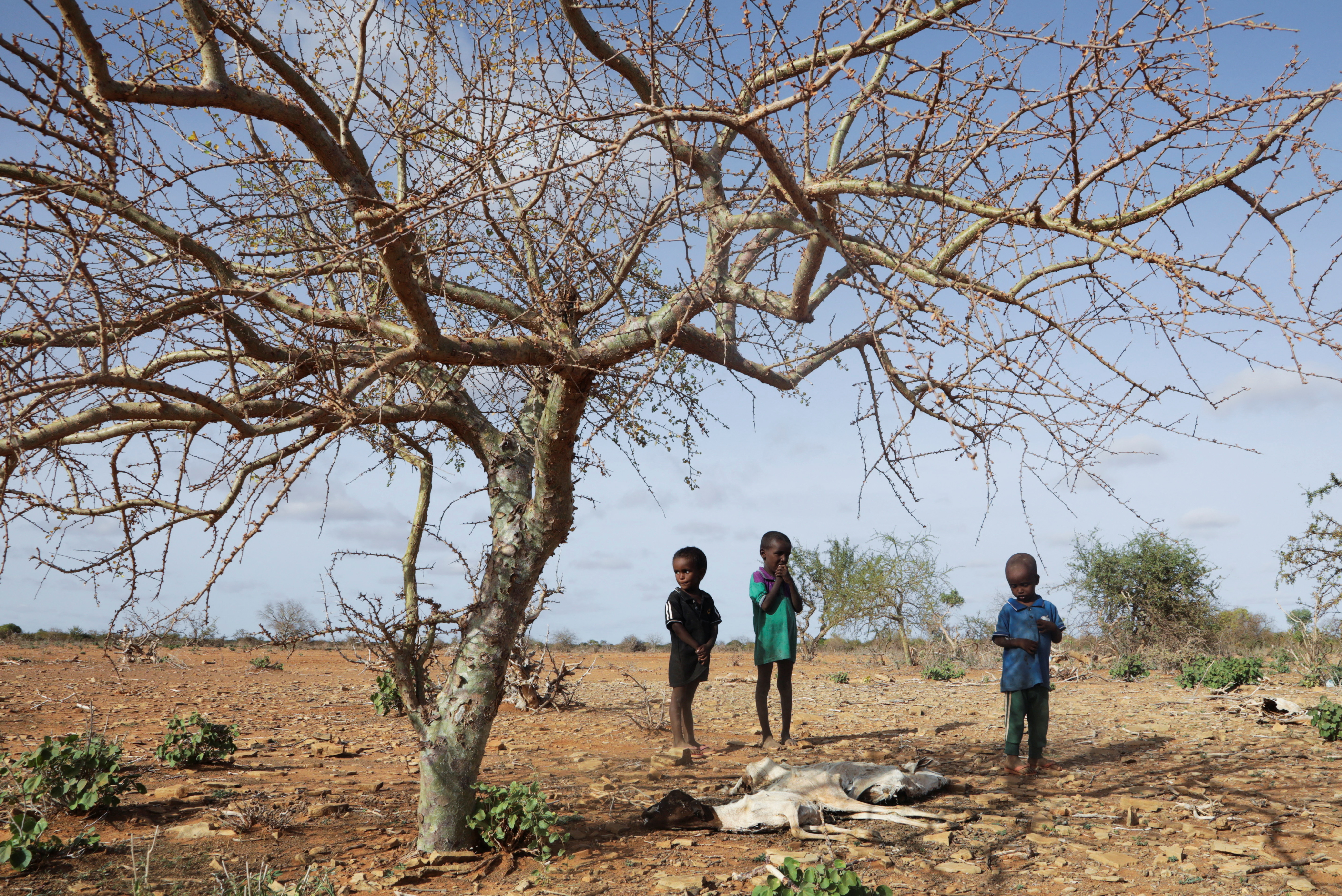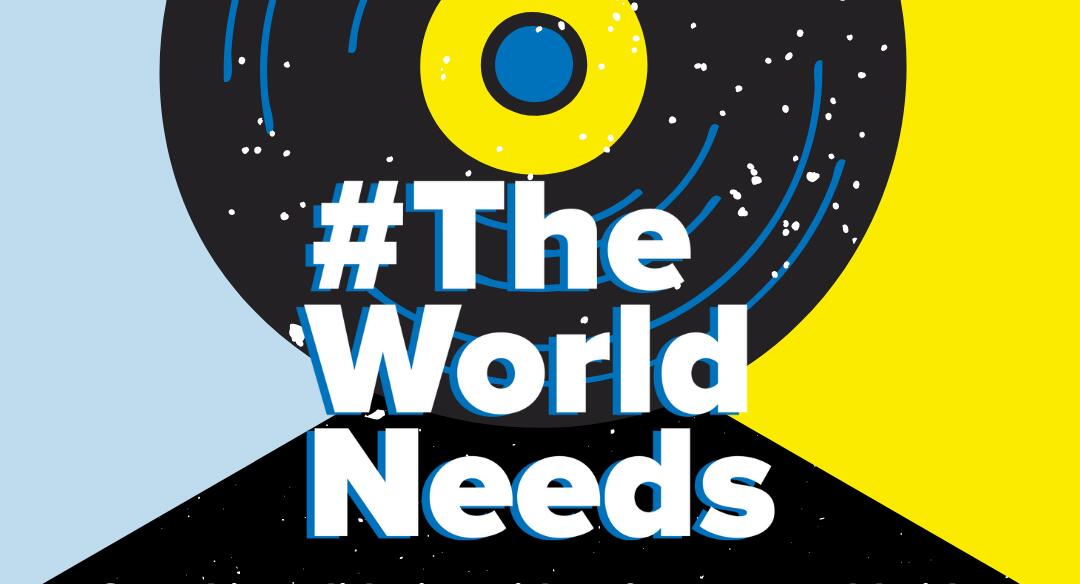Lubbers launches UN appeal in Dublin; Government pledges 6.7m euros
Lubbers launches UN appeal in Dublin; Government pledges 6.7m euros

DUBLIN, Nov 20 (UNHCR) - The UN High Commissioner for Refugees, Ruud Lubbers, has marked his first visit to Ireland by launching the Irish leg of a global appeal by the United Nations for $3 billion to meet the needs of some 45 million people in 21 of the world's most serious crises.
The launch of the 2004 Humanitarian Appeal in Dublin focused on Angola, Sierra Leone and Tanzania. The appeals seek to highlight the human suffering caused by poverty, conflict, violence, natural disasters, ignorance and disease, including HIV/AIDS.
Speaking at the launch on Wednesday, High Commissioner Lubbers said, "In some places we find populations which have been simultaneously affected by all of these. In many cases, those most in need are the elderly, the disabled, women and children."
One of the main challenges identified by the High Commissioner was the need to find ways of encouraging the world's wealthiest countries to give even more generously to help alleviate the suffering of the world's most vulnerable and marginalised people, particularly in the "forgotten emergencies".
Highlighting the case of Tanzania, the High Commissioner said that it continues to host the largest number of refugees in Africa, with almost half a million refugees, mostly from Burundi and the Democratic Republic of the Congo.
He noted however, that the influx of refugees into the Kagera and Kigoma regions of western Tanzania has had a significant impact on the local population and environment.
The appeal for Tanzania, totalling $38.8 million, includes projects to assist the local population in refugee-hosting areas, both to compensate for under-development and to ease tensions between the refugees and host communities.
Responding to the Humanitarian Appeal, the Irish government announced a special assistance package of 6.7 million euros, or nearly $8 million, for natural and man-made disasters in some of the world's poorest countries.
The grant was pledged for immediate delivery, with 5.5 million euros being provided directly to UN agencies, including at least 1 million euros each to the UN Office for the Coordination of Humanitarian Affairs (OCHA), the UN High Commissioner for Refugees (UNHCR), the UN Children's Fund (UNICEF) and the UN Relief and Works Agency (UNRWA).
A further 500,000 euros will be provided to the UN Development Programme (UNDP) and some 400,000 euros to both the UN Food and Agriculture Organisation (FAO) and the International Organization for Migration (IOM).
The Irish Minister for Development Cooperation and Human Rights, Tom Kitt, appealed for energy and commitment to the humanitarian and recovery needs of African countries, highlighting the stark contrast between aid flows to Africa and other parts of the world.
Simultaneous launches of the 2004 Humanitarian Appeals took place in Brussels, Copenhagen, Geneva, Ottawa and Washington on Wednesday.
The launch in Ireland was also attended by Irish poet and UN Goodwill Ambassador Professor Seamus Heaney, and senior UN personnel.







